-
ABOUT US
-
ACADEMICS
Curriculum Program
Departments
- English
- High School Chinese
- Primary and Junior School Chinese.
- High School Mathematics
- Middle School Mathematics
- Primary School Mathematics
- Music and Fine Arts
- Physical Education
- Physics
- Chemistry
- History and Geography
- Physical Science and Optional courses Department
- Middle School Biology
- High School Biology
- Social Sciences
- Computer Science
- Courses in Primary School
Achievements and Matriculations
College Counseling
Science & Technology Innovation Contest
Subject Competition
-
ARTS
-
ATHLETICS
-
AT SHSID
SHSID ∣ TIMES
PTSA
Club Exhibition
- 龙吟社
- Live 2 Drama
- Choir
- Hip-pop Dance Club
- The Primary School Dance Troupe
- Symposiums Club
- Biology Workshop
- You Shan
- VEX Robotic
- Peking Opera Club
- Baseball Club
- Model United Nations
- The World Scholar’s Cup
- Future Problem Solving Club
- United States Academic Pentathlon
- OM Club
- AMC Club
- Music for Patients
- SHSID Gazette
- Smile Charity
- Cultural Moments
- SciAcademy
- Stem Doge Alliance
- Chinese Debate Club
- IAA
- Mock Trial Club
- Zhengming Club
- Furry Friends
- GT-Racing
- Village Radio
- IMMC Club
- Creative Design and Intelligent Fabrication
- Future City Research Project
- ECOCAP
- AdvocaSEA
- SPDC
- Medishine
- Floorball Club
- Animusic MTC
- Wings Up
- All Booked
Health and Wellness
Campus Safety
Cafeteria Service
-
ADMINISTRATION
-
ADMISSIONS
-
ALUMNI
Alumni Information
Honors Students
- Class of 2025
- Class of 2024
- Class of 2023
- Class of 2022
- Class of 2021
- Class of 2020
- Class of 2019
- Class of 2018
- Class of 2017
- Class of 2016
- Class of 2015
- Class of 2014
- Class of 2013
- Class of 2012
- Class of 2011
- Class of 2010
- Class of 2009
- Class of 2008
- Class of 2007
- Class of 2006
Who Studied at SHSID
SHS Foundation
-
DOCUMENTS
Grade 10 PBL Course Project Showcase Day
This semester, 10th-graders had a total of more than 15 PBL courses, which included artificial intelligence, engineering, data science, economy, life science, model design, experimental science, art performance, etc. The courses were scientific, artistic, and interesting. Under the guidance of teachers, students learned independently, enjoyed exploration, and persisted in the exploration of STEM innovative practices throughout the courses. On June 13, 2023, students went to the lecture hall of ZTB to conduct their showcases for PBL projects. Let's take a look at some of the excellent projects presented by these courses:
In the "AI Technology Combat and Robot Maker Art" course, students built a robot, which could move in all directions and use its robotic arms to transport objects such as water bottles; the robot was connected to a wireless controller so as to use it to remotely control the robotic arms to grasp the bottle. Combining engineering with software design, students learned the principles of physics, applying them to the robotic arms, and expanded their hands-on skills in the project.
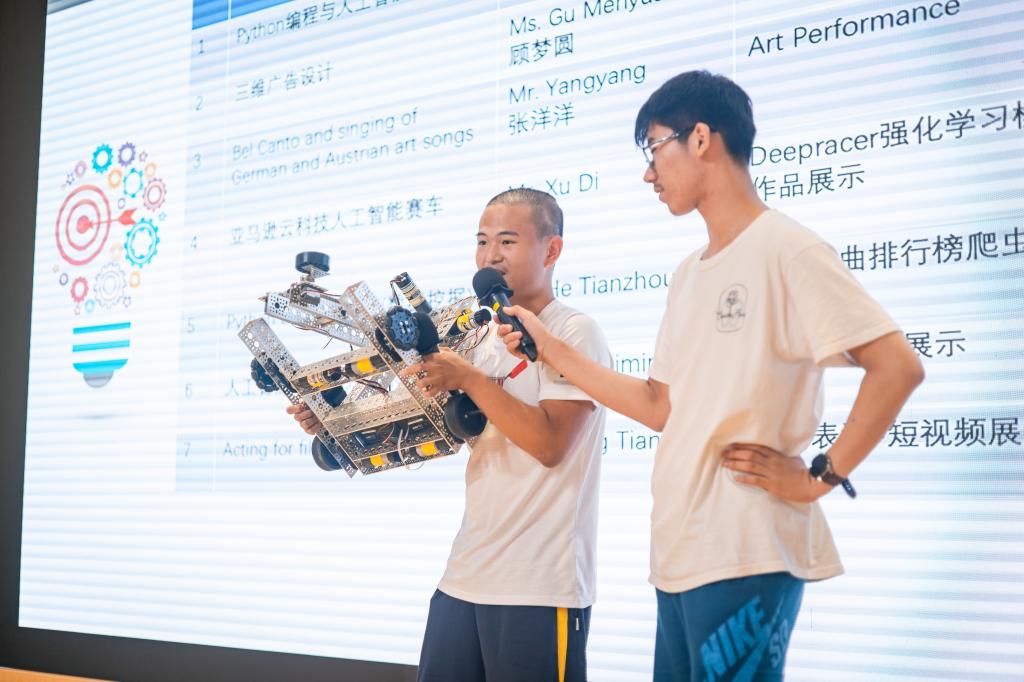
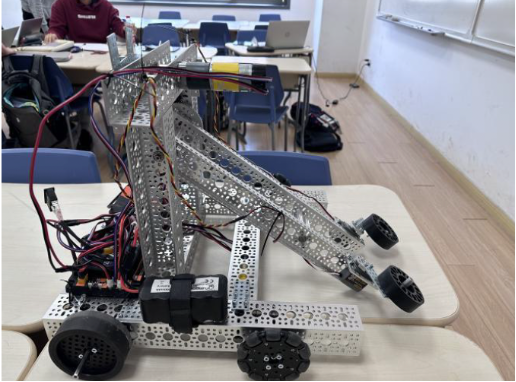
In the “Animation & Ad Design” course, the students conducted a brainstorming session, and designed a variety of unique work designs. They not only expanded their creativity during the self-guided learning, but also enriched the extracurricular activities, find the fun in things they found interesting.
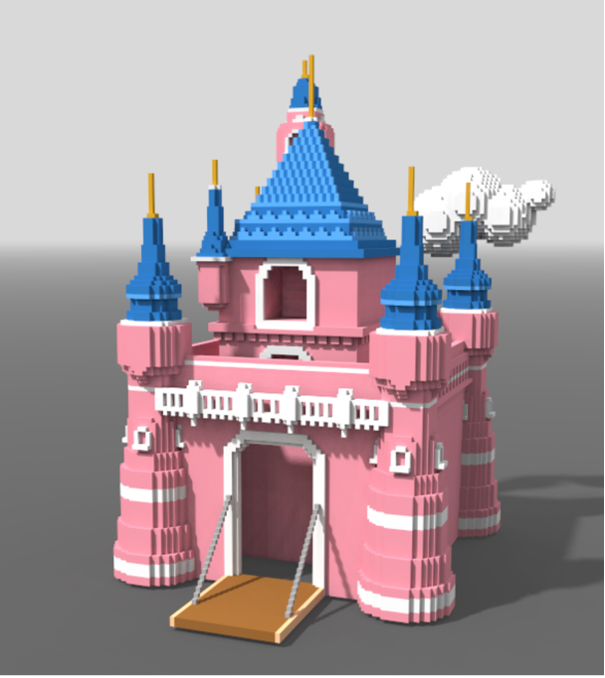
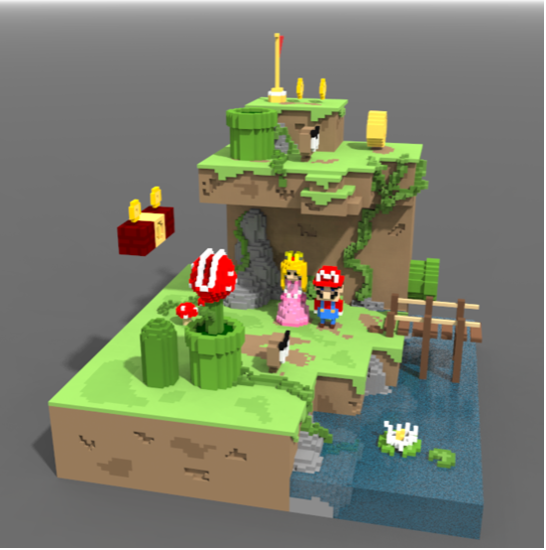
In the "Introduction to Psychological Experiment" course, the subjects observed the rotation direction of dynamic patterns. According to the test results, the thinking characteristics of the tester could be evaluated; in addition, the students independently designed a task experiment based on card classification, which was mainly used to assess the individual's cognitive flexibility, problem solving ability, abstract thinking, and adaptability.
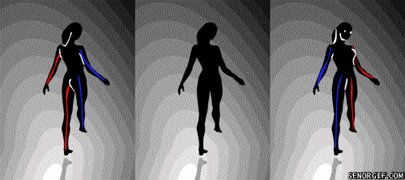
“The Recovery of Lujia River” was the course designed for students who wanted to focus on water purification. Through this course, students learned the current situation of surface water, various water quality indexes, as well as diverse water treatment methods, and finally are able to now present their own plans for the remediation of a typical water body. Throughout their studies, they developed the engineering thinking to solve practical environmental problems themselves.
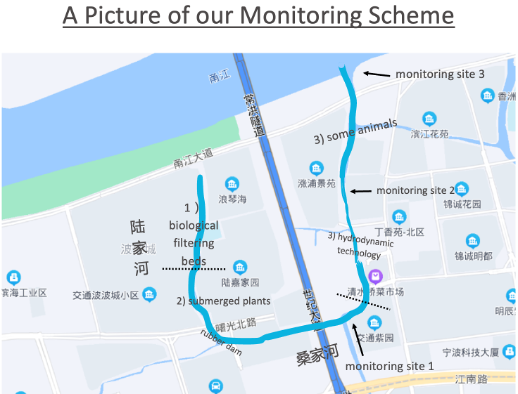
The “Racing Challenge” course focused on the engineering principle of the car model design and various materials needed for making car modules. The students enjoyed the car racing fun and the achievement of man-made car models through the engineering practice. At the same time, the students calculated the budget costs of car parts and assembly, combined with the writing of the sponsorship proposals and business plans, clarified the vision and prospect that the racing car team could achieve in future business objectives. This combination of engineering and economics practices could well enhance students' comprehensive literacy across disciplinary studies.
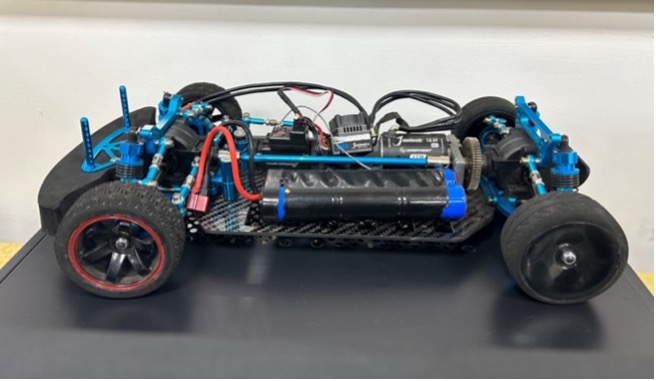
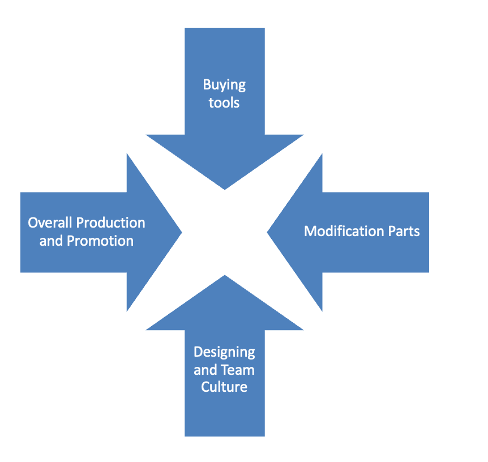
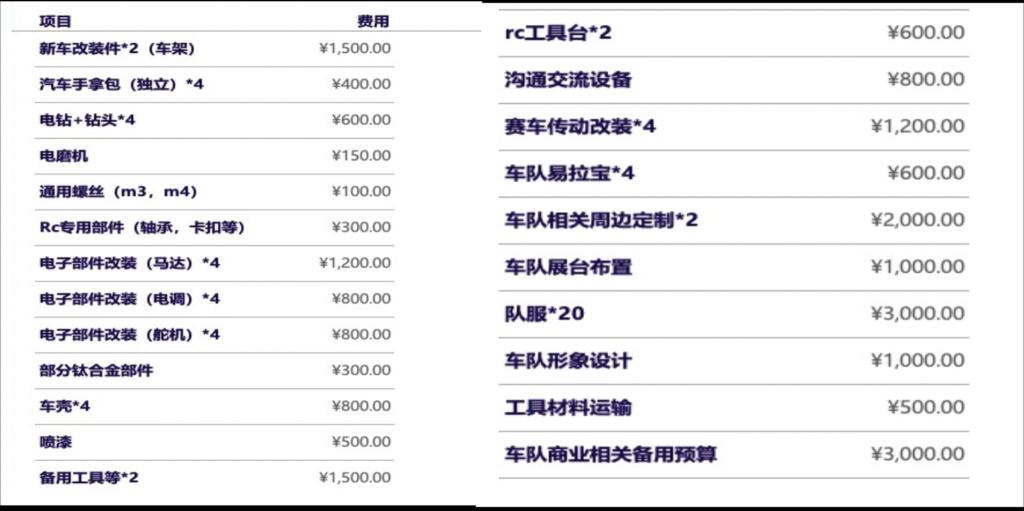
In today's massive information age, it is necessary to sort out the patterns behind data and filter the effective information from the massive data of websites. The students in the "Python Data Mining" course started by listening to songs in their daily life, and then combined keyword searches and classification results of popular songs. They designed the automatic program and analyzed the statistics of song names and ranking lists from massive data. Based on the filtered information, they analyzed the relationship between song ranking and the average distribution of song duration. The independent learning practice cultivated students' computational thinking and their literacy of digital learning innovation.
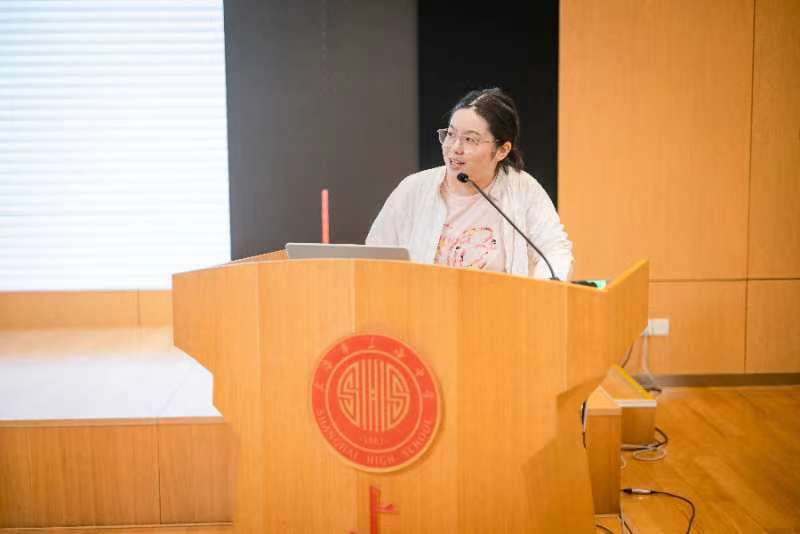
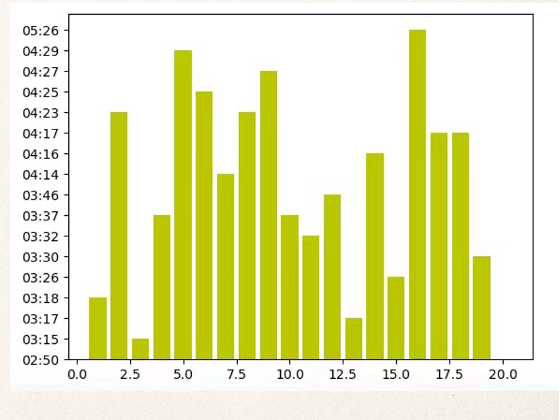
The “Making of Intangible Cultural Heritage Chinese Dessert” course combined Chinese traditional culture with the artisan craftsmanship and artistry in food. While experiencing the fun of hand-making with excellent taste, you could feel the profound Chinese culture as well. Following the step-by-step process by the instructors, the students not only completed each regular dessert, but they also designed a variety of art styles for the desserts from their own imagination. The specialty of course used the handicraft production with artistic creation, and each small dessert baked could fully demonstrate the charm of traditional handicrafts.
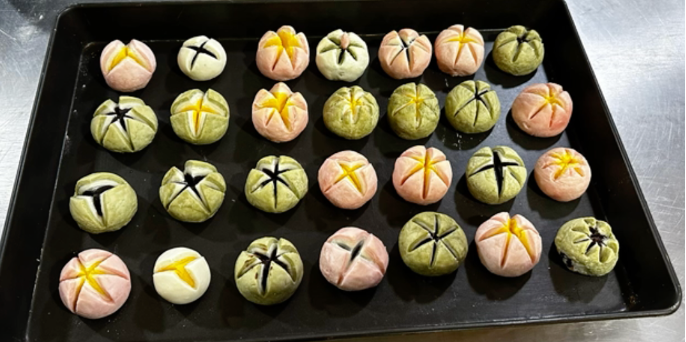
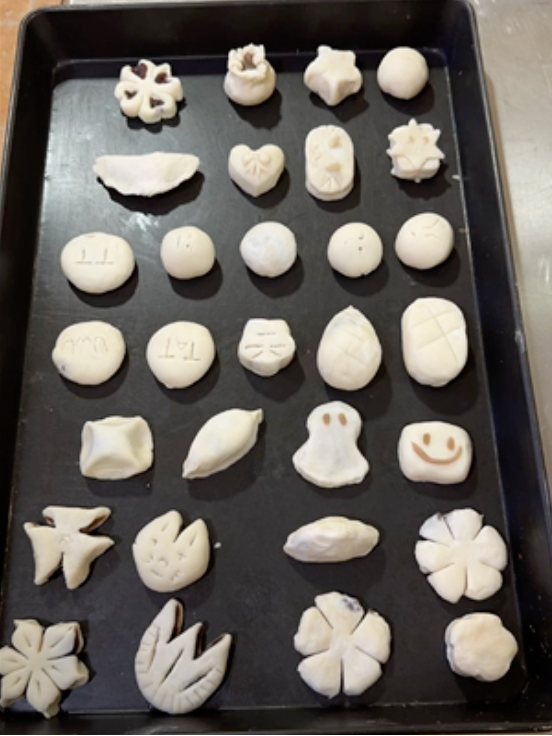
The "Chess" course explained the theoretical knowledge of the opening, middle, and ending positions in chess. The value of each piece on the board was observed and evaluated. All the moves of the white player and black player were analyzed and explained, which reflected the chess tactics and the way of thinking.
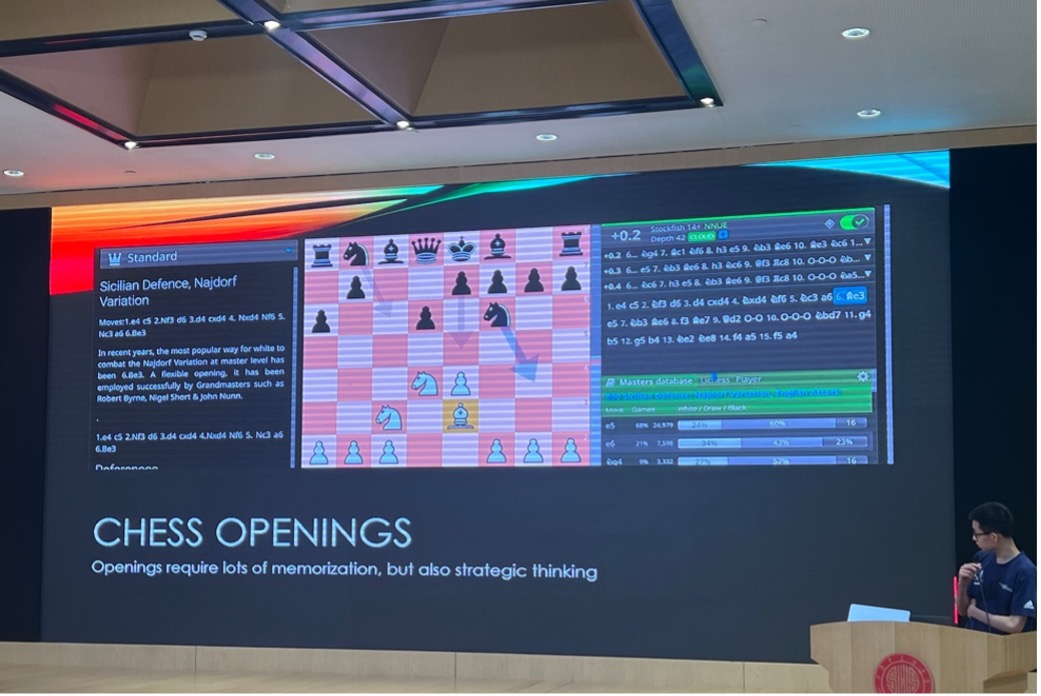
The project-based learning (PBL) course focused on learning in an independent and cooperative way since its opening, aiming to cultivate students' comprehensive ability to analyze and solve problems. It expanded their vision, enriched the extracurricular interest, and fully promoted the students' desire for knowledge and exploration. We believe that there will be more and more informative and interesting courses in the future, which will stimulate students' curiosity, and make them go further and further on the road of pursuing their interests.
(Written by Tianzhou He Pictures by STEM Office Reviewed by Qian Zuo)